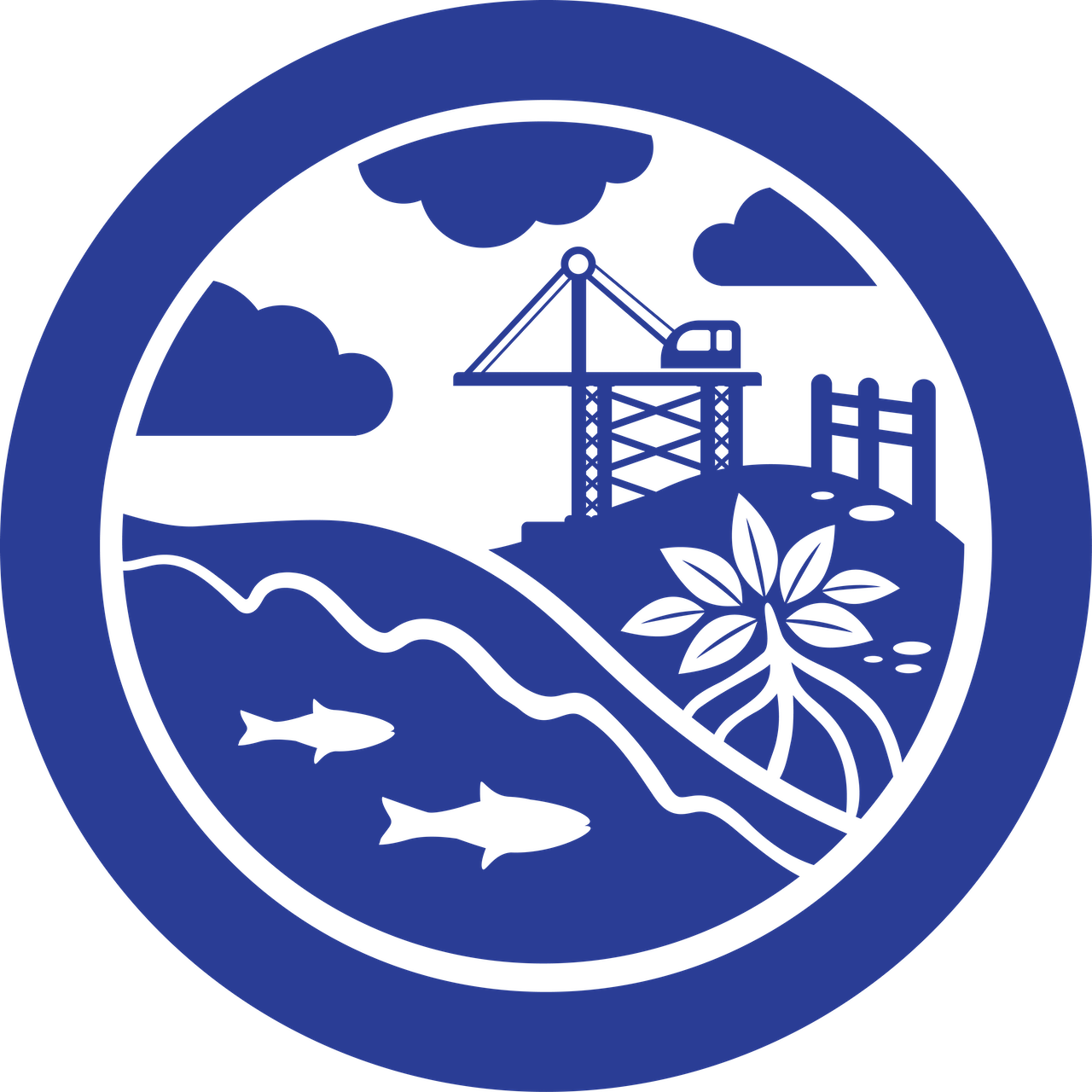ICZM in Indonesia
| |
Welcome to ICZM Indonesia WikiHere you will find a repository of knowledge regarding definitions, concepts, development, approaches, case studies, experiences and learning regarding ICZM in Indonesia. It is intended as a point of reference for people working in and/ with the government in Indonesia to improve the processes towards the implementation of ICZM. Share your knowledge, research, information on Integrated Coastal Zone Management by contributing articles to ICZM Indonesia Wiki. If you need support to upload your material, please contact our editor xxx at [e-mail]. Thank you for visiting! This site is hosted and managed by Akvopediateam of Akvo Foundation and UNDIP-ICZM Centre. |
ICZM in Indonesia
Coastal resources in Indonesia are used by the local communities for obtaining food, fodder, fuelwood, shelter and a variety of other services. With high biological diversity and endemism, coastal zones are used as repositories for the effluent of industrial processes and domestic wastes and also as prime sites for reclamation to create land for industry, agriculture, and settlement. In areas such as Java, the expansion of large cities disturb the coastal zone. Indonesia’s population is increasing at an alarming rate and will be 270 million in 2020 and so demographic pressures are pronounced more in Indonesia. About 64% of Indonesian people live in and around the coastal areas.1
Coastal Zone Problems in Indonesia
The consequences of coastal exploitation in Indonesia are very complex. The key resource use problems and conflicts in the coastal zone in Indonesia include • loss of mangrove forest and tidal swamplands which support traditional fisheries, • improper utilization of coastal zone by "money holders" (not coastal inhabitant - example conversion of mangrove forest for Tambak), • declining socio-economic livelihood status of the already poor inhabitants of coastal villages, • increasing coastal population, • overfishing and use of destructive methods, • lack of comprehensive ecological information concerning the coastal zone/resources for developers an~ decision-makers at the provincial level, • the relevance of agricultural policy for income and food security2.
The concept of ICZM has been known in international forums since 1992. Almost in most international conventions on marine and environmental management recommend the use of the ICZM concept in the management of marine resources and other marine activities. Much success has been achieved by coastal countries in the world in implementing the ICZM concept. It is therefore appropriate for Indonesia to apply the ICZM concept as an alternative solution to the problems it faces in the management of marine and coastal resources and other activities in the marine sector.3
Contents
Implementation of ICZM in Indonesia

|
ICZM in Central Java | The Central Java Provincial Government in Indonesia has made a commitment to revitalize and restore the northern coasts of Central Java with the ICZM approach. One of the efforts is by cooperating with The Dutch-Indonesian ICZM consortium, who will assist the local authorities with knowledge development and capacity building to implement ICZM. |

|
ICZM in North Sumatra | North Sumatra is the potential to increase coastal tourism as well as to enhance the economic growth of the area. The main objective of North Sumatra government strategic planning is economic development that describes on their mission to enlarge social ability and support regional economic stakeholders in taking advantage of natural resources and services of integrated and sustained coastal zone management for developing marine tourism. The strategy needed in gaining North Sumatra's potential tourism in the coastal area. The key challenges are lack of integrated coastal policies with effective implementation and difficulty of coordinating among several government agencies whose manage coastal activities Integration and collaborative approach is needed to secure the stainable development of marine areas in a healthy environment. The Integrated Coastal Zone Management (ICZM) would be suitable to be applied in the North Sumatra coastal area if the NorthSumatra tourism industry is to remain profitable in the long term.4 |

|
ICZM in .. |
| Definition of Integrated Coastal Zone Management |
|---|
| (ICZM) is a complex term. ICZM, as an integrated approach of the coastal zone, needs to be related to its broader context. This features context and means looking at developments in political & administrative, economic, societal, technological, environmental and legal fields. It requires knowledge of the physical systems (for example upstream-downstream relations) and availability of data. |
| ICZM calls for organizing and development of institutional capacities and a stakeholder network. It is a management challenge (how to make it work?). It calls for establishing the right decision-making platforms and for example working groups and a stakeholder network with good relationships. All these elements are explained further on this wiki-portal. |
| Some definitions of ICZM is compiled in this Coastal Wiki page. |
How to Apply ICZM
| Technical Aspects | Working Together | Financing ICZM | Building a Strong Organization |
Learning and Personal Development |
Videos
| Videos on ICZM | ||
|---|---|---|
| Here are several videos explaining what integrated coastal zone management (ICZM) is all about and issues related to ICZM from various sources and experts on coastal management. | ||
|
Interview with John R.Clark, ICZM an expert from the United States who is also an international specialist in the development of marine protected areas. |
Short video graphic about coastal management. |
Research/Publications
References
- ↑ Sukardjo S. (1999) Integrated Coastal Zone Management (ICZM) in Indonesia. In: Salomons W., Turner R.K., de Lacerda L.D., Ramachandran S. (eds) Perspectives on Integrated Coastal Zone Management. Environmental Science. Springer, Berlin, Heidelberg
- ↑ Sukardjo S. (1999) Integrated Coastal Zone Management (ICZM) in Indonesia. In: Salomons W., Turner R.K., de Lacerda L.D., Ramachandran S. (eds) Perspectives on Integrated Coastal Zone Management. Environmental Science. Springer, Berlin, Heidelberg
- ↑ http://oseanografi.lipi.go.id/dokumen/oseana_xxxi(1)21-26.pdf
- ↑ https://www.researchgate.net/publication/319206751_integrated_coastal_tourism_planning_in_north_sumatera




